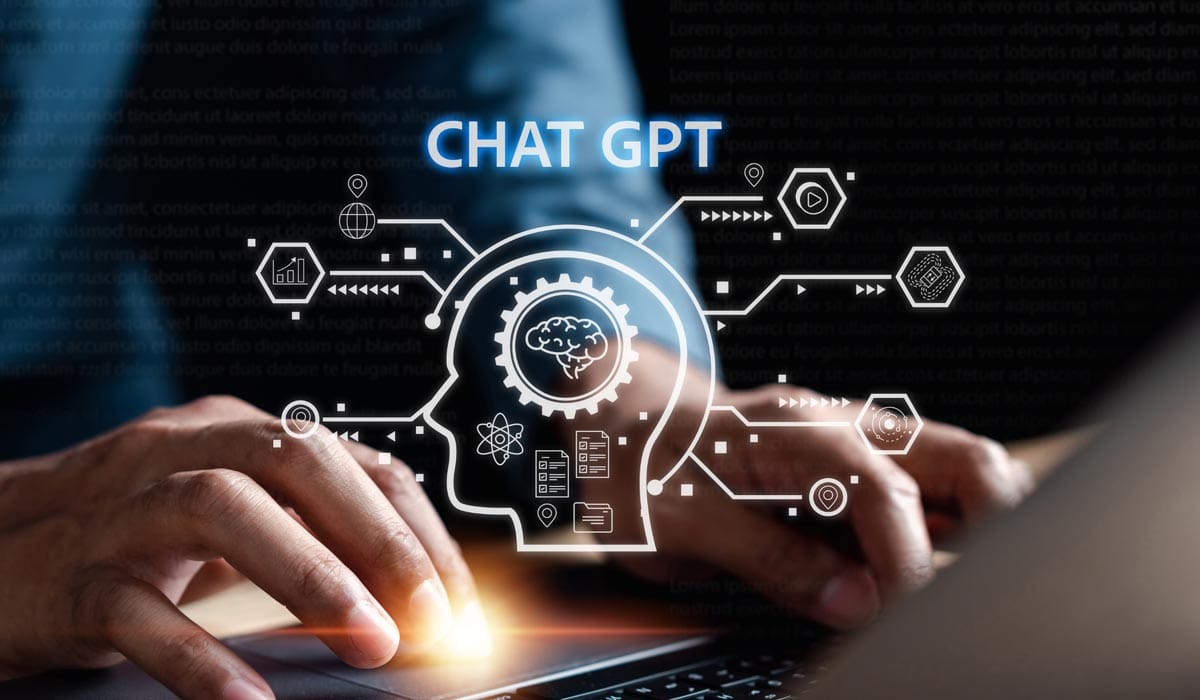
So, many organisations and enterprises have recently adopted AI agents for various use cases—chatbots, answering customer questions, briefing customers on platform navigation and recently, the US government is also stepping up its artificial intelligence game with the launch of ChatGPT Gov, a specialised version of OpenAI’s assistant optimized for federal agencies.
What is ChatGPT Gov?
As typed above, ChatGPT Gov is a government-exclusive AI chatbot designed to provide advanced AI capabilities while meeting strict federal security and privacy requirements. Unlike the standard publicly available model, this version operates within a Microsoft Azure Government Cloud environment and thus ensures compliance with federal cybersecurity standards.
By using this ChatGPT Gov, U.S. agencies use the AI’s natural language processing to ease and automate tasks like answering public inquiries, summarizing lengthy government reports, automating administrative work, and even assisting research and policy analysis.
The Use of AI tools like this ChatGPT Gov has already been circulating within different organizations. The U.S. Agency for International Development (USAID) has been using ChatGPT enterprise to simplify complex bureaucratic processes, allowing for better communication with international parties and reducing paperwork delays.
That said, one of the major concerns with AI integration in Government has always been security, simply because AI takes in the information given and there’s no telling who might get access to that information. For this, ChatGPT Gov was built with Federal compliance in mind, ensuring that the sensitive data from the agencies remains protected.
To further target these sensitive data companies, OpenAI is working towards a FedRAMP Moderate Accreditation, a certification that would allow it to handle personally identifiable information (PII) and controlled unclassified information (CUI) without the risk of data leaks.
Other agencies, in order to keep up with the AI positives have started developing their own internal AI chatbots. The Department of Homeland Security for instance introduced DHSChat, a custom AI chatbot designed to assist government employees with drafting reports, summarizing information and even handling routine tasks—all while maintaining data security within a closed system.
Other organisations and platforms participating have already tested the benefits of this AI integration.
Enhanced Engagement since AI can handle public inquiries 24/7 thus effectively reducing response times.
Improved Efficiency with automated document analysis and summarization for employees.
Reduced Costs since there is less reliance on manual labour for repetitive tasks.
Support innovation as AI-driven insights allow agencies to develop smarter policies and strategies in less time too.
Despite the benefits, however, AI in government agencies also comes with negative feedback.
Bias and Accuracy Issues. AI models require careful monitoring to ensure fair and unbiased responses. In addition, not many are comfortable bringing their inquiries to a robot.
Public Trust. Many citizens are sceptical about AI handling sensitive data or replacing human workers entirely.
That said, while security and ethical concerns remain, the agencies argue that the benefits of AI-powered solutions are hard to ignore. Faster services, reduced costs, improved efficiency—they stress that these are for better serving the public.
As agencies adopt these AI-powered solutions, all the public can hope for is that they manage to balance innovation with responsibility.